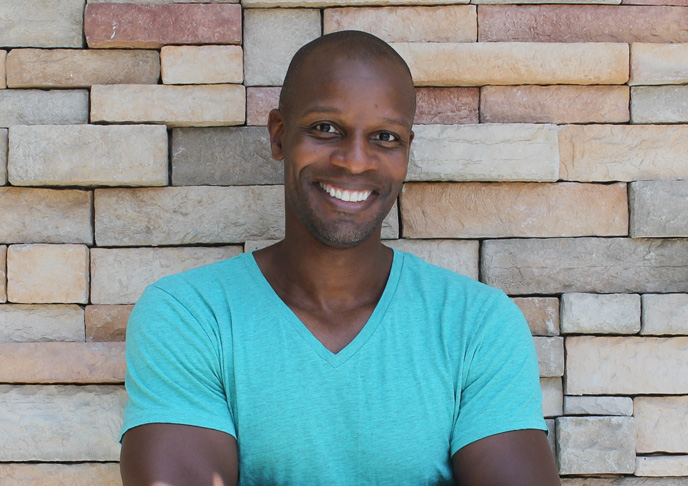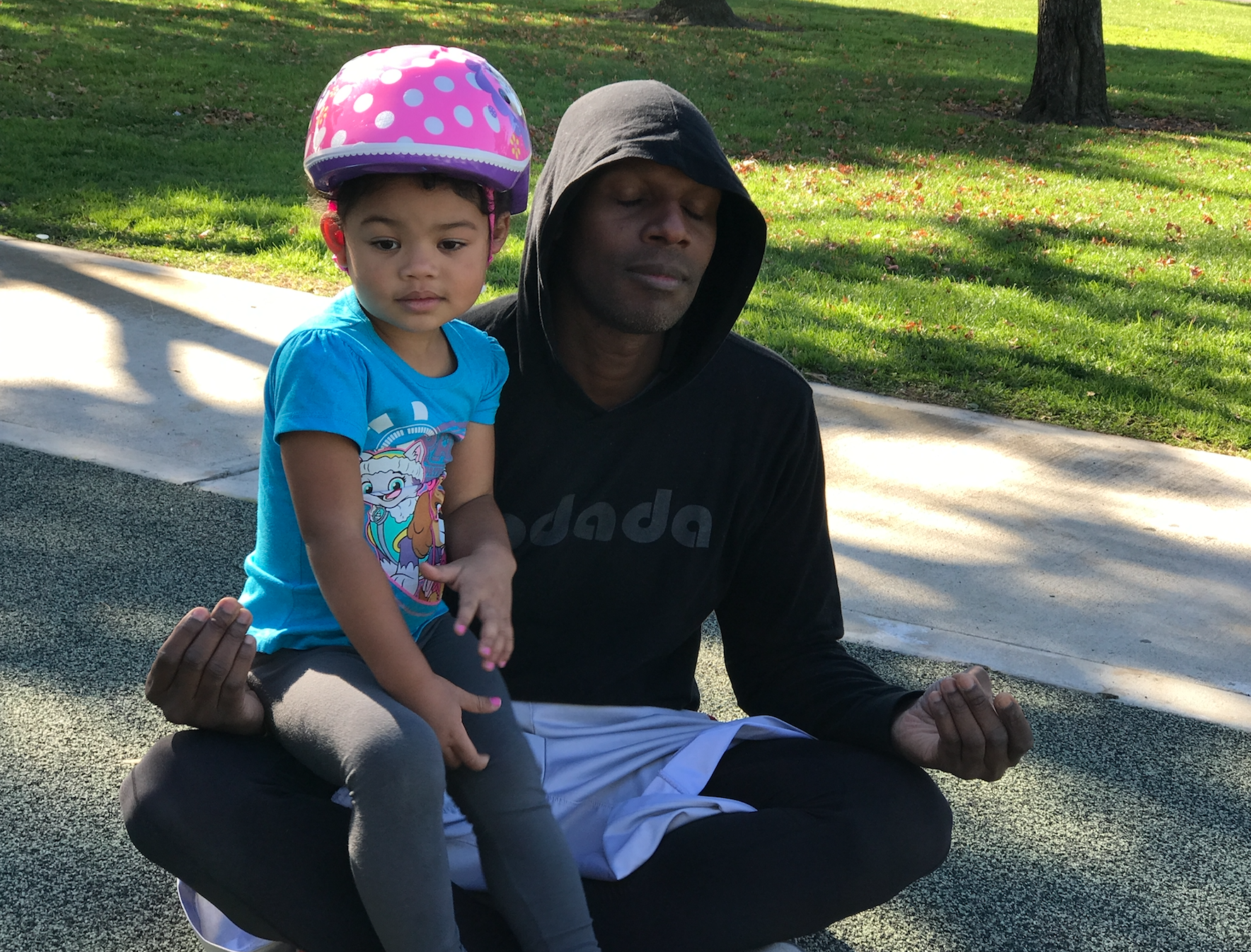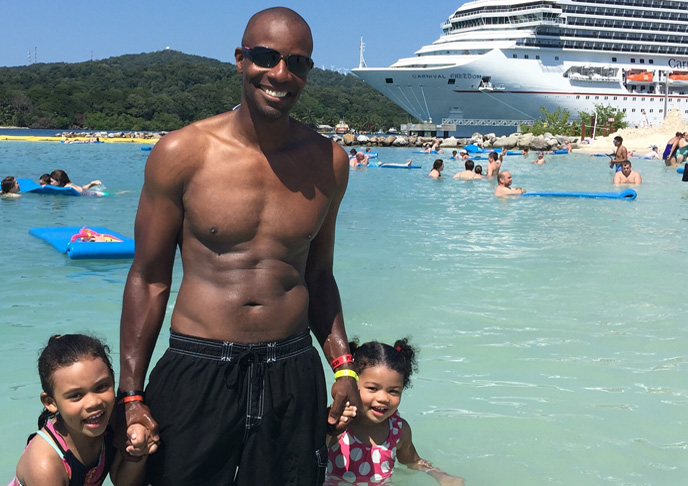What It's Like To Live With Clinical Depression As A Dad

By:
It was a typical evening in my household. I was reading one of my books to my two young daughters, which I wrote about the joys of fatherhood. But there was no joy or excitement on this night. I was a page-turning zombie, waiting for the book to end.
“Time for bed, girls,” I muttered. “Go brush your teeth.”
As my 3- and 6-year-old daughters wrestled for sink space, I felt no desire to stop them. I was broken and exhausted. As I put my kids to bed, I realized something horrifying: I had no desire to be a dad anymore. I didn’t want to pack lunches, tag along on play dates, read stories, or give baths. I was completely done.
It was then that I knew my depression had gotten out control. I had been diagnosed years ago but thought it was something I could just “handle” on my own.
I was wrong.
 Doyin Richards - doyinrichards.com
Doyin Richards - doyinrichards.com
And I wasn't alone. When I spoke with Heather Mainville, M.Ed, a former Clinical Supervisor of a men’s residential recovery home in Massachusetts, she explained that many men mistakenly think they can address their depression on by themselves.
“It’s so important for men to recognize that the more they carry depression symptoms silently, the more they end up damaging their quality of life,” she said. “A good counselor or therapist is trained to be non-judgmental and their only interest is helping you unpack, reorganize, and understand why these thoughts aren’t going away on their own.”
Eventually, I figured it out. About a week after that night with my daughters, I sat in my car alone and starting crying hysterically for no reason at all. I kept saying out loud, “I can’t do this anymore... I can’t do this anymore.” I knew I needed to find help immediately, because I was afraid that I would do harm to myself. I still refrained from telling any of my family or friends about it right away, but I began started cold-calling therapists and met with the first one who was available. That woman is my current therapist and I’ve seen her every week for more than a year. It’s not an exaggeration to say that she saved my life.
On paper, I should be happy. I’m an author, a keynote speaker, and recently starred in an international commercial campaign for Microsoft, with my two amazing daughters. But I learned the hard way that depression doesn’t give a damn about your personal success or your life circumstances. Things that I used to enjoy—like being a dad—brought no happiness whatsoever. It was like a black rain cloud followed me around everywhere. Just getting out of bed in the morning required a Herculean effort.
Slowly, our society has become more comfortable discussing the phenomenon of depression in women and mothers; particularly postpartum depression. But few people talk about what happens when fathers grapple with depression, even though almost 10% of American men suffer from feelings of depression and anxiety, according to the American Psychological Association. There's a stigma attached to talking about mental illness in general and it can be even more significant for men, who are already much less likely to talk to others about their problems.
Once I realized my depression was getting in the way of my parenting, I started to take steps to climb out of the darkness. For starters, I owned my depression and asked for help. This was easily the most important thing I did. I knew I had issues, but I was loath to admit it publicly at first. I feared people would think I was “crazy” or “unstable," or any of the other words people associate with mental illness. .
But as Mainville explained, mental illness is like any other kind of malady. “Depression or any mental illness should be considered as no-fault as many other physical issues,” she said. “You wouldn’t leave a broken arm or ruptured spleen untreated, right? You didn’t ask for this and you deserve help.”
 Doyin Richards - doyinrichards.com
Doyin Richards - doyinrichards.com
Now that I understand my depression and I have the tools to fight it, I'm a much happier person. I exercise a lot more and take antidepressant medication. It took me years to get to the point where I would consider taking medication for my depression, but I’m glad I am now as it helps immensely. Most importantly, my joy for fatherhood has returned — and that makes this Father's Day even more special than usual.
If you love someone with depression, please be patient, withhold any judgment, and don’t try to be a doctor. Parenting is hard and it becomes exponentially harder for those of us dealing with depression. More often than not, a simple “I’ve got your back, man” can be exactly what we need to get through the day.
If you struggle with depression or feelings of self-harm, please seek professional help or call 1-800-273-8255 for the National Suicide Prevention Lifeline.
